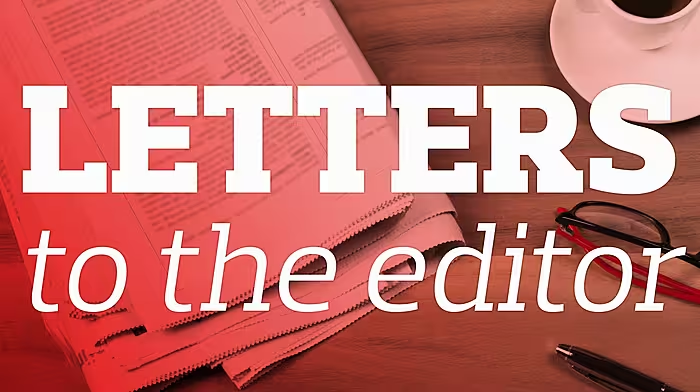AN organisation which reports the news is once again making the news in Ireland this week. It’s always a bad sign when reporters are having to tell their own stories and so it was thus, yet again this week, when RTÉ was making headlines.
This time it’s not the messy financial issues at the State broadcaster which form the story, but debates on how best to address those messy issues.
It certainly became messy when staff at RTÉ learned the plans for their future by way of leaks to other media.
The leaks involved details on voluntary redundancies, the outsourcing of some work and the possible sale of part of the Montrose campus.
Then, on Tuesday afternoon, RTÉ published its plan – entitled New Direction, sounding a bit like a boyband, but also very close in name to the HSE’s New Directions initiative for services for adults with disabilities.
But whatever about the name of the plan, there is no doubt that the precarious financial situation in Donnybrook warrants urgent action.
The new director general, Kevin Bakhurst, told an Oireachtas committee some weeks ago that time was quickly running out – along with the money – on the broadcaster’s ability to pay its bills.
And so he was bound to have felt great relief on hearing earlier the same day that the organisation was being given a cash lifeline by the government – once certain criteria are met, of course.
On Tuesday morning government confirmed additional funding of €40m on top of the €16m in interim funding recommended by the Future of Media Commission, which was also agreed.
It seems a major element of RTÉ’s New Direction proposals is the axing of 20% of its permanent staff.
That means approximately 400 jobs will have to be lost – but the broadcaster is hoping that the vast majority, if not all, of those jobs will be voluntary.
While the figure has sent shockwaves throughout the organisation, there is a certain element of rash reactions to the news, because once the dust settles, the figure may be quite attainable.
In an organisation which has undergone a rollercoaster summer for staff, with approximately 1700 full-time positions, there are bound to be plenty of older members on the payroll who would relish the thought of getting a healthy redundancy payment to get out of Dodge, as the phrase goes.
Combined with that, the outsourcing of a healthy amount of content will mean opportunities in the private sector for many younger staff members, who would also appreciate a nice exit package, while eyeing up plenty of options for contracting work with their former employer.
Then there are the many staff members who are already approaching pension age, but now may have an incentive to leave a year or two earlier, if the deal is attractive.
Add to all this the fact that the organisation has given itself until 2028 to find those 400 jobs that must go. That’s at least four years, so an average of 100 jobs a year that need to go.
Then consider it has said it will cost €40m to fund the redundancies – that’s a healthy average of a €100,000 redundancy package per job – and it all starts to look quite reasonable.
But there are still contradictions in the plan. While RTÉ stated on Tuesday that it has an ‘ongoing freeze on recruitment’, page 14 of the New Direction report refers to ‘targeted recruitment’ which will continue to ensure ‘we have the additional skills required for a digitally transformed RTÉ’.
So unions might be clamouring to find out if there is a recruitment freeze or not.
Furthermore, while it says it is still investigating the possibility of selling off land at the Dublin 4 site, it is planning on creating a ‘content hub’ in Cork – which will surely require the acquisition of additional space in the second city – so is there any great financial saving in that strategy, financial observers may ask.
The finer details of the report are bound to be analysed and pored over for the next few weeks, but the bottom line is that all the observers agree that this country needs n strong, State-supported and modern broadcasting organisation.
If New Direction can achieve that, it will have done its challenging job.
Collins’ new party
Independent Goleen deputy Michael Collins has started a new party. The Independent Ireland Party was registered last week.
Deputy Collins told this newspaper that ‘the real scope of the party will only become apparent in the coming weeks’.
It plans to run 40 or 50 candidates ‘to have a strong voice for the development of rural and urban communities’ and says its biggest priority is housing but they will also concentrate on agriculture and fishing.
With such a crowded field for the race to fill seats in the next Dáil, on our local authorities and in the European Parliament, the next 18 months could prove fascinating for political observers.










